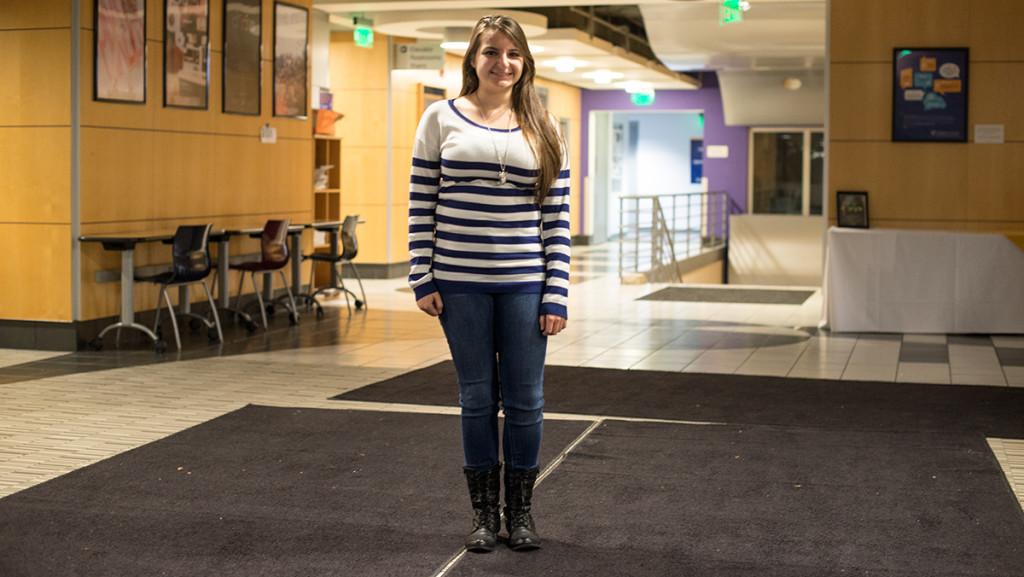Last year I transferred to Ithaca College after receiving my associate degree at a community college in New Jersey. Financially, this was a great decision — I saved my parents two years’ worth of tuition and fees. However, what I hadn’t considered about being a transfer student is the accelerated experience it lends itself to. The college attempts to ease this process by providing transfer resources such as the Transfer Housing Program and the transfer seminar that is required during the first semester, in addition to the newly formed transfer honor society, Tau Sigma. But there’s no solution to the issue of timing or the limited transfer community.
In Fall 2015, just 112 of the 1,921 new students enrolled at the college were transfers. That makes for a small community of students, and it’s not always easy to connect with one another. However, community college students made up 46 percent of all U.S. undergraduates in Fall 2013, according to the American Association of Community Colleges, and data from the National Center for Education Statistics indicates that 20–50 percent of new university students are transfers from community college. While community college is growing in popularity, it provides experiences similar to that of high school. For example, community colleges rarely offer on-campus housing — only about 25 percent of community colleges in the U.S. provide on-campus housing, according to the AACC. Most students commute, which leads to a limited campus community. Overall, this means transfer students have four years of real college experiences to cram into the two they’re enrolled at the college for.
Even though the college is fairly transfer-friendly, we tend to be forgotten as a group. For example, I am a part of the Leadership Scholars Program and each year, we go over a four-year plan for how we should develop as leaders while attending the college. Even though I participated on campus at my community college, I still felt that I was behind the minute I started the program. There are so many things that the college has to offer, and there simply is not enough time in two years to do it all. I wanted to get involved with more on-campus organizations, take part in community service and do more internships — by the time I transferred here, some students in my graduating class already had three or more, putting me at a disadvantage. Transferring also makes it difficult to study abroad or to take advantage of the college’s satellite campuses in Los Angeles, New York City and London. Transfers need to make up for lost time or lost credits in the few semesters they are here, and more often than not, those courses are not offered abroad. Additionally, because of prerequisite courses, the entirety of my junior year was spent in freshman- and sophomore-level classes, and I was unable to truly connect with my classmates.
I have found that what makes the experience better is connecting with other transfer students. Transfers have a unique experience, and it is important for us to connect with one another during the transition.
One of the best ways the college can help improve the transfer experience is by increasing methods of communication among the group. Tau Sigma is attempting to do this, as it has hosted a few social events for transfers since its start last year. Another way to improve the transfer experience would be to offer more individualized guidance when planning a transfer’s remaining courses so he or she can finish efficiently and still have to time to take advantage of the aforementioned opportunities. It would help to make courses more flexible so transfers can complete degree requirements while abroad. Implementing such improvements would accommodate the growing number of transfers that will continue to enroll at the college in the future.
Melissa Dellacato is a senior integrated marketing communication major and proofreader at The Ithacan. Email her at [email protected].














